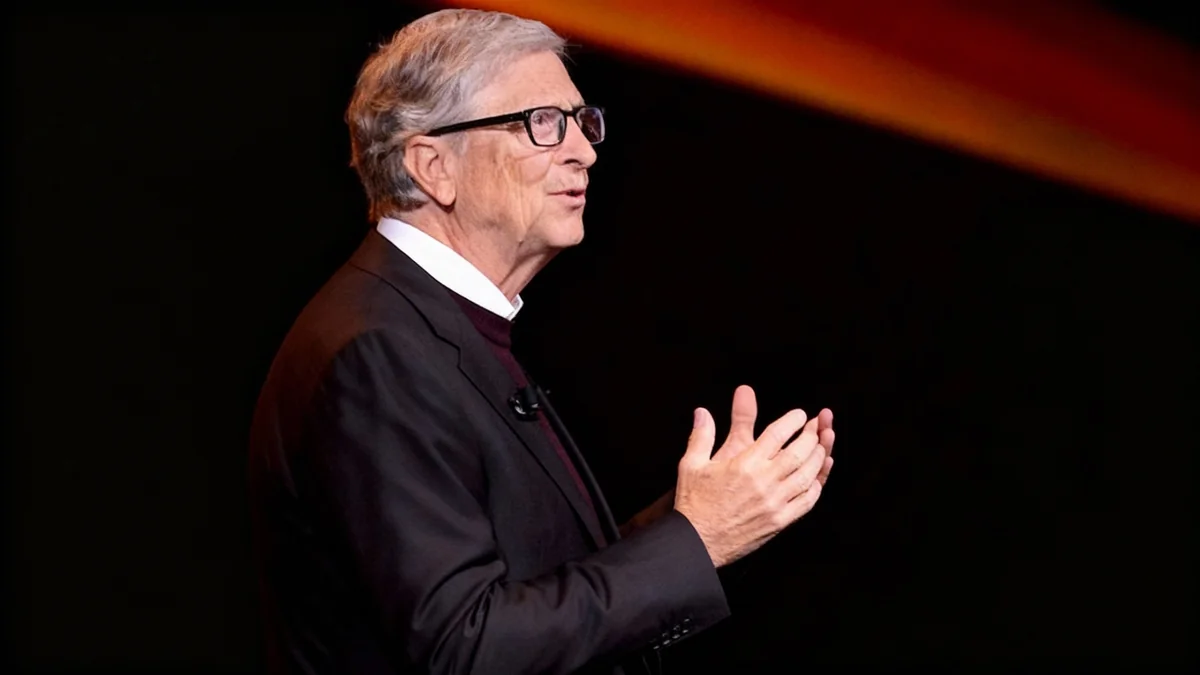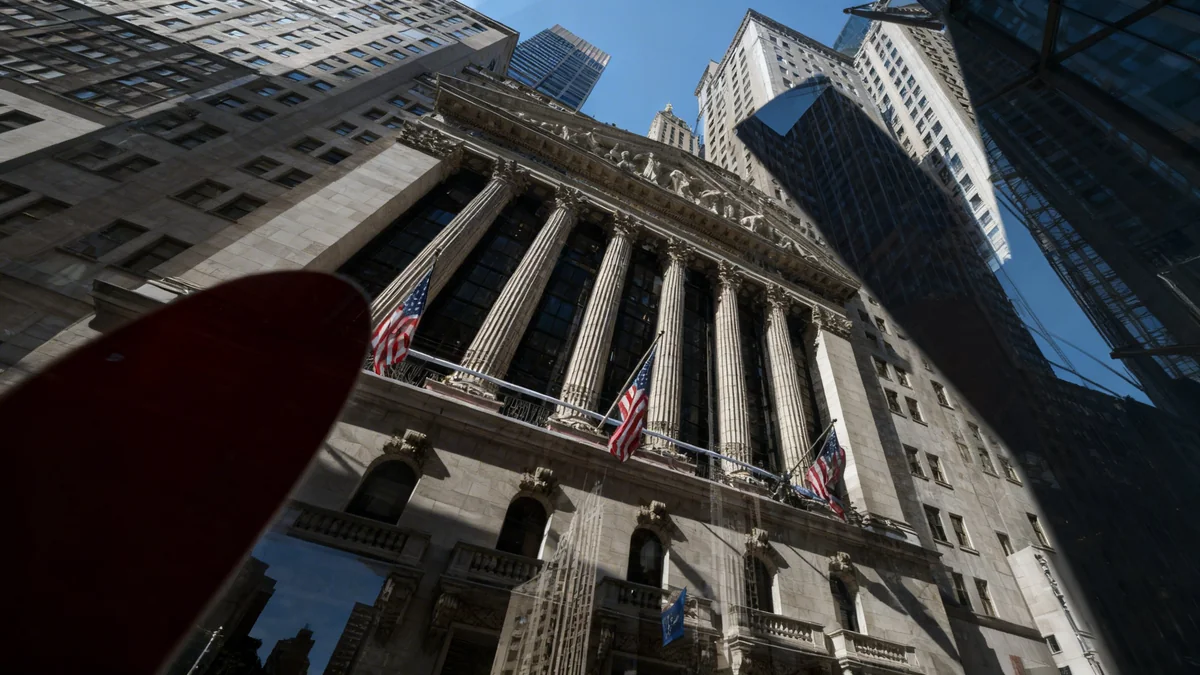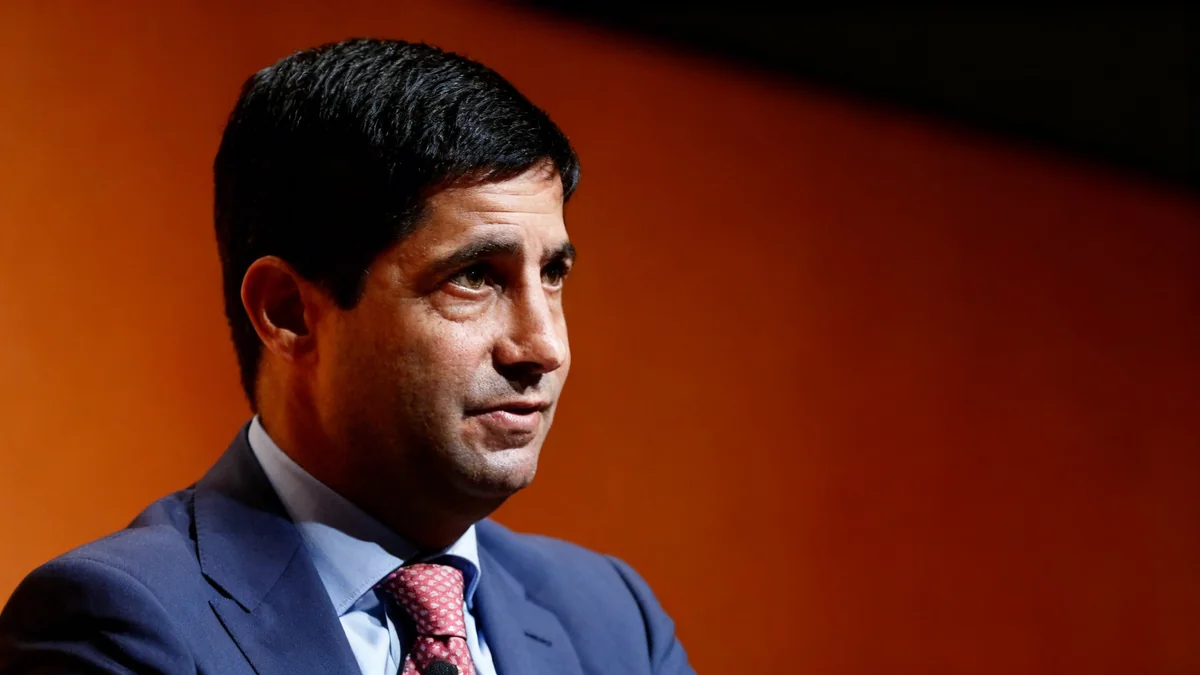Microsoft co-founder Bill Gates has forecasted a future where artificial intelligence handles the majority of jobs, potentially leading to a society where humans work only two or three days a week. This shift, he suggests, could happen within the next decade as AI technology becomes increasingly sophisticated.
Speaking at recent events, Gates described the rapid advancement of AI as a profound development that will force society to reconsider the nature of work and leisure. While he sees immense potential for innovation, he also acknowledges the significant societal adjustments that will be required.
Key Takeaways
- Bill Gates predicts AI could enable a two or three-day work week within the next 10 years.
- He believes AI will automate most tasks related to production, logistics, and food cultivation.
- Real-world trials of shorter work weeks, like the four-day model, have already shown increased productivity and reduced employee burnout.
- Experts like Geoffrey Hinton warn that without careful management, this AI-driven productivity boom could dramatically increase wealth inequality.
The Coming Era of 'Free Intelligence'
During a discussion with Harvard professor Arthur Brooks, Gates described the next technological phase as an era of "free intelligence." He explained that AI will democratize access to specialized knowledge, effectively solving labor shortages in critical fields like medicine and mental health.
"It's kind of profound because it solves all of these specific problems, like we don't have enough doctors or mental health professionals," Gates stated during an appearance on "The Tonight Show with Jimmy Fallon."
He projects that over time, the fundamental tasks of modern economies will be largely automated. "In terms of making things and moving things and growing food, over time, those will basically be solved problems," he said. This automation is the primary driver behind his prediction of a significantly shorter work week.
What Jobs Will Humans Do?
According to Gates, society will need to decide which activities should remain exclusively human. He used the analogy of sports, suggesting people will still prefer to watch humans play baseball rather than computers. The challenge will be defining which professions and activities are preserved for human involvement in a world where machines can do most things more efficiently.
From Five Days to Four: The Trend is Already Here
While a two-day work week may seem distant, the movement to shorten the traditional five-day structure is already gaining momentum globally. Several companies and even governments are experimenting with reduced hours, often with positive results.
One notable example is Exos, a performance coaching firm with over 3,500 employees. In 2023, the company implemented a four-day work week trial. The results were significant: productivity increased by 24%, and employee burnout was cut in half, according to a report from Fortune.
In Japan, the government of Tokyo has also introduced a four-day work week for its employees. The initiative aims to address the national issue of "karoshi," or death from overwork, while also hoping to encourage a higher birth rate by giving workers more personal time.
Real-World Results
- Exos (USA): A four-day week led to a 24% boost in productivity.
- Tokyo (Japan): Implemented a four-day week for government workers to combat overwork.
The Economic Risks of an AI Revolution
Despite the potential for a future with more leisure, prominent figures in the tech world have raised serious concerns about the economic consequences of rapid AI adoption. Geoffrey Hinton, often called the "Godfather of AI," has warned that these technological advancements could lead to unprecedented wealth disparity.
"We're talking about having a huge increase in productivity... but actually it's going to be the other way around," Hinton stated during a panel discussion. "This huge increase in productivity is going to make much more money for the big companies and the rich, and it's going to increase the gap between the rich and the people who lose their jobs."
Hinton argues that within a capitalist framework, the financial gains from AI-driven efficiency will flow primarily to corporate owners and the wealthy, not to the general population. He expressed concern that this widening economic gap could create social instability.
A 'Scary' and Rapid Transformation
Gates himself has acknowledged the unsettling speed of this transformation. "It's very profound and even a little bit scary—because it's happening very quickly, and there is no upper bound," he told Brooks. The key challenge, he noted, will be how society manages this transition.
The debate is no longer about whether AI will change the workforce, but how profoundly and how quickly. The prospect of a two-day work week presents a vision of a radically different future, but it also brings to the forefront urgent questions about economic fairness, social purpose, and the very definition of a job in the 21st century.





